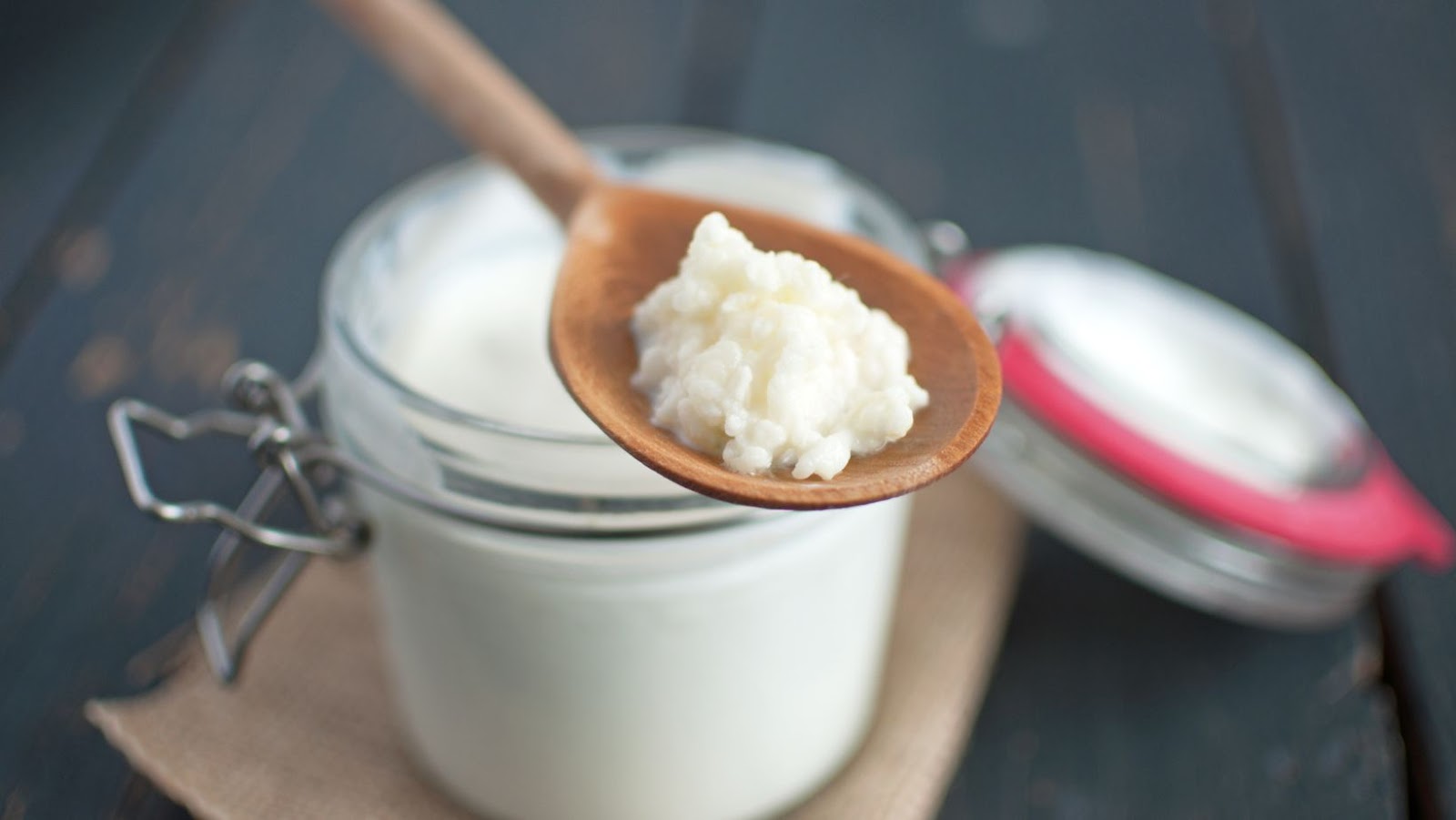
Probiotics And Refrigeration: What You Need To Know
Do you struggle with digestive issues, but don’t know how to address them? Probiotics can help, but do they need to be refrigerated for maximum effectiveness? Find out in this article about the importance of properly storing probiotics. You’ll learn why it’s essential for your health and well-being.
What are Probiotics?
Probiotics are living bacteria and yeasts that provide health benefits when consumed in adequate amounts. These beneficial microorganisms can be found in certain foods or supplements, and are often recommended to support digestive health and a healthy immune system.
Whether or not probiotics need to be refrigerated depends on the type of supplement you have. Some probiotics are freeze-dried, meaning that they can be stored at room temperature without losing their potency. Other probiotics are live cultures that require refrigeration to slow down bacterial growth and maintain their potency until consumed. It’s important to read the label and follow the storage instructions provided by the manufacturer to ensure that your probiotics are effective and provide maximum health benefits.
Pro tip: To get the most out of your probiotics, consume them regularly and in combination with a healthy diet and balanced lifestyle.
What are the Benefits of Taking Probiotics?
Probiotics are living bacteria and yeasts that are beneficial for your health. They can help you maintain a healthy balance of gut bacteria, which can improve your digestion and immune system. However, not all probiotics need to be refrigerated to stay effective.
Probiotic pills and capsules generally do not require refrigeration because they are manufactured to survive at room temperature. Some probiotic supplements may need to be stored in a cool, dry place. Be sure to check the label for storage instructions.
On the other hand, probiotic foods such as yogurt, kefir, and sauerkraut do require refrigeration to keep the live cultures active. The same goes for probiotic drinks, such as kombucha.
Pro tip: Always read the product label carefully to determine the best storage method for your probiotic supplement or food.

Do Probiotics Need to be Refrigerated
Probiotics are live bacteria and yeasts that offer numerous health benefits when consumed. While it is not always necessary to refrigerate probiotics, it depends on the specific products’ ingredients and packaging.
Here’s what you need to know:
| 1. | Shelf-stable probiotics that are dehydrated or freeze-dried do not require refrigeration. They have a long shelf life and can maintain their potency at room temperature. |
| 2. | Probiotics that contain live cultures and are packaged in liquid form are sensitive to temperature and require refrigeration to survive. |
| 3. | The potency and shelf life of probiotics can decrease over time, but storing them in a cool, dry place can help preserve their effectiveness. |
So while not all probiotics need to be refrigerated, it’s always a good idea to read the packaging and storage instructions to ensure you’re maximizing their benefits.
What are the Different Types of Probiotics?
Probiotics are live microorganisms that are beneficial to human health when consumed in adequate amounts. They come in various types, including lactobacillus, bifidobacterium, streptococcus, and saccharomyces, among others. These types of probiotics have different strains and play different roles in supporting the immune and digestive systems.
While some probiotics need to be refrigerated to maintain their potency and extend their shelf life, others can be stored at room temperature. The packaging of the probiotic product usually indicates the storage instructions. However, it’s best to follow the recommendations of the manufacturer to ensure maximum effectiveness.
Also, avoid exposing probiotics to heat, light, and moisture, as these can degrade their quality and compromise their health benefits.
How to Choose the Right Probiotic Supplement?
Choosing the right probiotic supplement can be an overwhelming task, but understanding a few important factors can help you make the right decision. Probiotics don’t necessarily need to be refrigerated, but the storage requirements vary based on the type of probiotic and the manufacturer’s instructions.
| Things to consider when choosing the right probiotic supplement |
| 1. Strain diversity: Look for a supplement that contains multiple strains of probiotics that have specific health benefits. |
| 2. Colony-forming units (CFUs): The higher the CFUs, the better the chances of the probiotics surviving the harsh stomach environment. |
| 3. Shelf-stability: Choose a supplement that can survive at room temperature if you travel frequently or don’t have access to a fridge. |
| 4. Expiration date: Check the expiration date of the supplement before purchasing to ensure that the probiotics are still active. |
| 5. Manufacturer’s storage recommendations: Follow the manufacturer’s storage recommendations for the specific product you choose. Some probiotics are shelf-stable, while others require refrigeration. |
| Pro Tip: Look for a reputable brand that has third-party testing and quality control measures in place to ensure that you are getting a high-quality supplement. |
What are the Potential Side Effects of Taking Probiotics?
One must store probiotics properly as they are live bacteria and can spoil or become ineffective with improper handling. While probiotics can provide a multitude of health benefits, they do have potential side effects which should not be ignored.
| Side Effect | Description |
| Digestive Issues | Gas, bloating, cramps, and diarrhea are commonly reported side effects of taking probiotics. These symptoms typically go away within a few days as your body adjusts to the new bacteria. |
| Allergic Reactions | People with allergies to certain strains of bacteria can experience an allergic reaction after taking probiotics, which can lead to rashes, hives, and difficulty breathing. |
| Infection Risk | In rare cases, people with weakened immune systems can develop infections from probiotic bacteria, such as pneumonia or sepsis. |
If you experience any of these side effects, stop taking the probiotic supplement and consult your doctor immediately. Refrigerating probiotics is necessary to retain their potency and stabilize the live bacteria.
What are the Best Sources of Probiotics?
Probiotics are living microorganisms that are beneficial for your gut health when consumed in adequate quantities. Probiotics are available in various food sources, including fermented foods and supplements. Whether or not probiotics need to be refrigerated depends on the specific strain and form of the probiotic.
Some probiotics, like those found in yogurt, kefir and other dairy products, do require refrigeration to maintain their potency. Probiotic supplements, on the other hand, may or may not require refrigeration, depending on the form and strain. Most of the shelf-stable probiotic supplements do not need refrigeration, while some may require refrigeration to maintain their shelf life.
Probiotic-rich foods can also be stored in the refrigerator, but not all require it. Advisably, read the product packaging carefully or consult the manufacturer’s instructions for best storage practices. A general rule of thumb is to store probiotics in a cool, dark place that is away from direct sunlight or heat, as it can affect their potency.

How to Incorporate Probiotics into Your Diet?
Probiotics are beneficial bacteria that can improve your gut health, enhance your immune system, and prevent digestive issues. They come in different forms, including supplements, fermented foods, and drinks.
Whether or not probiotics need to be refrigerated depends on their form and manufacturer’s instructions. Here is the rundown of different forms of probiotics:
| Probiotic supplements: | Some probiotic supplements require refrigeration to maintain their potency and extend their shelf life. Always check the label for storage instructions before buying. |
| Fermented foods: | Fermented foods like yogurt, kefir, and sauerkraut need to be refrigerated to prevent spoilage and the growth of harmful bacteria. |
| Probiotic drinks: | Some probiotic drinks like kombucha and kefir need to be refrigerated to prevent their fermentation, while others like Yakult and Actimel are shelf-stable and don’t require refrigeration unless opened. |
Always check the manufacturer’s instructions and expiration dates when incorporating probiotics into your diet, and consult a healthcare professional if you have any concerns.





